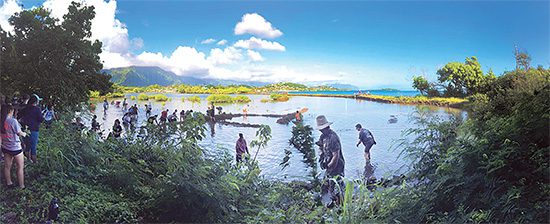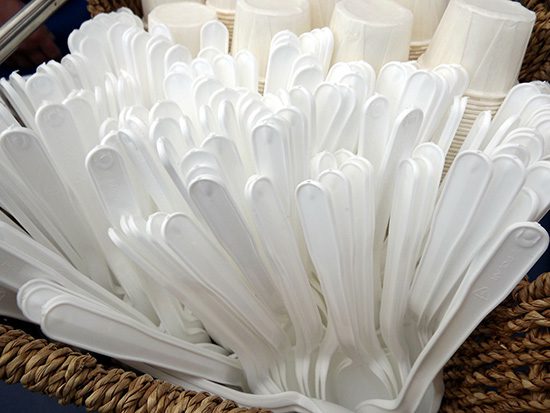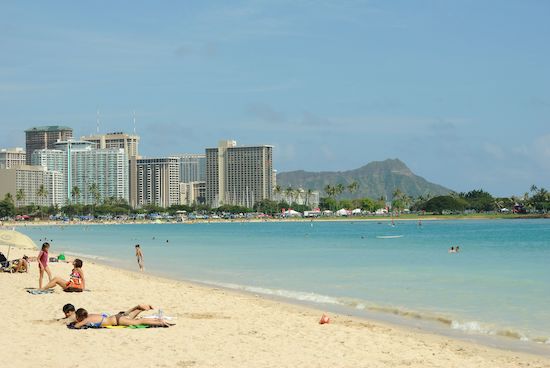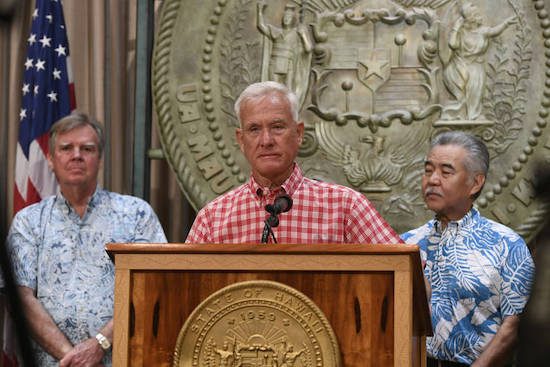
Service Learning at Waikalua Loko I‘a
Waikalua Loko Iʻa is one of the few remaining fishponds in Kāneʻohe Bay. Hawaiian fishponds were unique throughout the Pacific as a form of aquaculture and marine resource management that effectively increased the productivity of marine ecosystems by creating ideal habitats for certain species of fish. The Waikalua Loko Iʻa is roughly 400 years old and was an important part of the productive landscape of Kāneʻohe that included extensive wetland taro cultivation, terraced farmland and numerous fishponds.
Fishponds were estuary environments and were maintained with input of both freshwater and saltwater that maintained productive microclimates. Waikalua fishpond receives freshwater from Kawa, Kāneʻohe and Kapunahala streams, which drain part of Windward Community College. Over time as Kāneʻohe developed and neighborhoods expanded, streams were channelized and a nearby sewage plant heavily impacted the pond and nearby marine ecosystems. Mangroves planted along the coast filled in the fishpond and silt began to settle throughout.
Beyond contributing as part of the watershed, WCC worked with a coalition of the Waikalua Loko Fishpond Preservation Society, the Pacific American Foundation, and the Hawai‘i Institute of Marine Biology to acquire the site and to help manage it in 2009. As one of the partners, the fishpond serves WCC as an outdoor laboratory, culturally significant landscape and important site for community engagement.
A variety of WCC classes across disciplines regularly uses the site. Hawaiian studies courses have helped with rebuilding the rock wall. Anthropology courses have visited to learn more about traditional Hawaiian resources management and to participate in clearing mangrove and invasive algae. Marine biology and oceanography classes have researched different aspects of the fishpond and worked on ecological restoration. These types of service learning opportunities are important for the campus to teach students about science, connect with community organizations and be empowered to participate in improving the environment.
So much of what we see on the news and read about the environment is discouraging, which can lead to cynicism and depression. Because of this, it is important that any effort to teach sustainability also involves positive community activism and hands-on projects that improve local environments. For WCC, the partnership with Waikalua Loko Iʻa provides an excellent site for service learning and an ideal complement to the college’s growing commitment to sustainability across the curriculum.
By Christian Palmer





